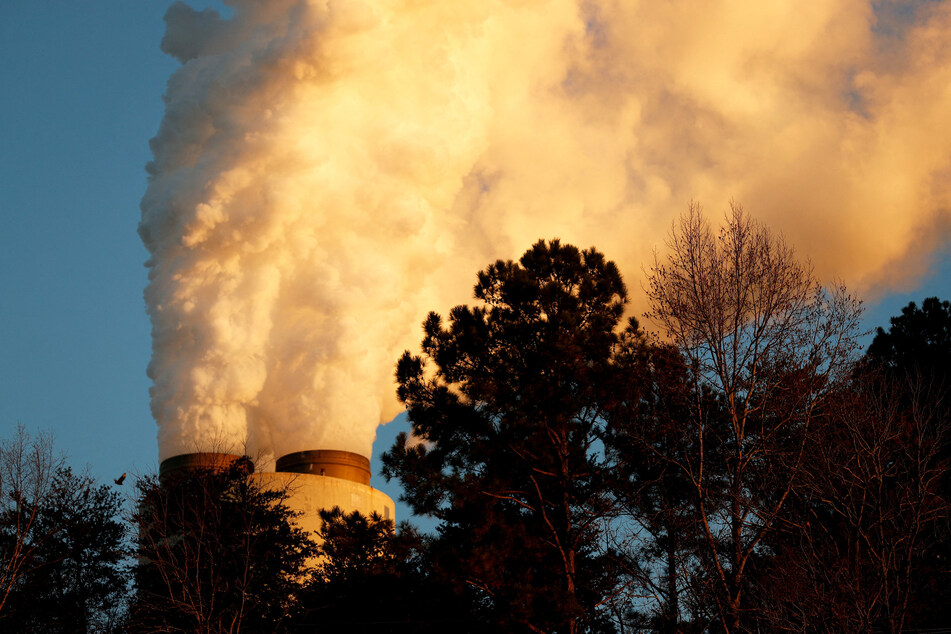Global temperatures continue record-breaking run in March: "Incredibly unusual"
Brussels, Belgium - March became the 10th month in a row to set record-high global temperatures, in a continuing trend that has climate scientists sounding the alarm.

According to data from the European Union's climate change service Copernicus, March was also warmer worldwide than any previous March since records began. The data used by Copernicus goes back to 1950, with some earlier data also available.
"March 2024 continues the sequence of climate records toppling for both air temperature and ocean surface temperatures, with the 10th consecutive record-breaking month," explained Copernicus Deputy Director Samantha Burgess.
The air temperature at the Earth's surface averaged 14.14 degrees Celsius in March, the service said on Tuesday. This is 0.73 degrees higher than the average for the reference period from 1991 to 2020 and 0.10 degrees higher than the warmest March measured to date in 2016.
Compared to the period 1850 to 1900, the pre-industrial reference period, the month was 1.68 degrees warmer, the report said. The global average temperature for the past 12 months (April 2023 to March 2024) is the highest since records began and is 1.58 degrees above the pre-industrial average, Burgess said.
This does not yet mean that the Paris 1.5-degree target has been missed, as longer-term averages are used for this purpose.
But it is the latest red flag in a year already marked by climate extremes and rising greenhouse gas emissions, spurring fresh calls for more rapid action to limit global warming.
Samantha Burgess, deputy director of the Copernicus climate change service, told AFP that humanity was "extraordinarily close, and already on borrowed time."
Oceans continue to warm at "shocking" pace

The story at sea was no less "shocking," Burgess said, with a new record for global ocean surface temperature set in February eclipsed once again in March.
"That's incredibly unusual," she said.
Oceans cover 70% of the planet and have kept the Earth's surface liveable by absorbing 90 percent of the excess heat produced by the carbon pollution from human activity since the dawn of the industrial age.
Hotter oceans mean more moisture in the atmosphere – scientists say the air can generally hold around seven percent more water vapor for every 1 degree Celsius of temperature rise.
This leads to increasingly erratic weather, like fierce winds and powerful rain.
Russia is reeling from some of its worst flooding in decades, while parts of Australia, Brazil, and France experienced an exceptionally wet March.
"We know the warmer our global atmosphere is, the more extreme events we'll have, the worse they will be, the more intense they will be," Burgess told AFP.
Greenhouse gas levels on the rise despite dire warnings
Meanwhile, countries continue to pump ever-more planet-heating emissions into the atmosphere, even as scientists say they need to fall by almost half this decade to keep the Paris goals within reach.
Levels of carbon dioxide, methane, and nitrous oxide – the three main human-caused greenhouse gases – rose for another year in 2023, scientists from the US-based National Oceanic and Atmospheric Administration said on Friday.
"Until we get to net zero, we will continue to see temperatures rise," Burgess said.
Cover photo: IMAGO / VCG

